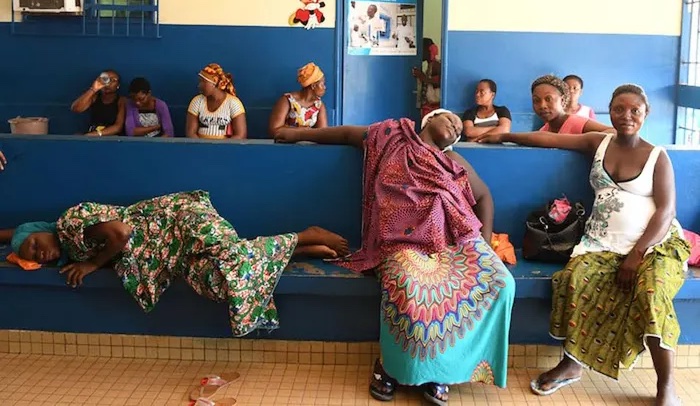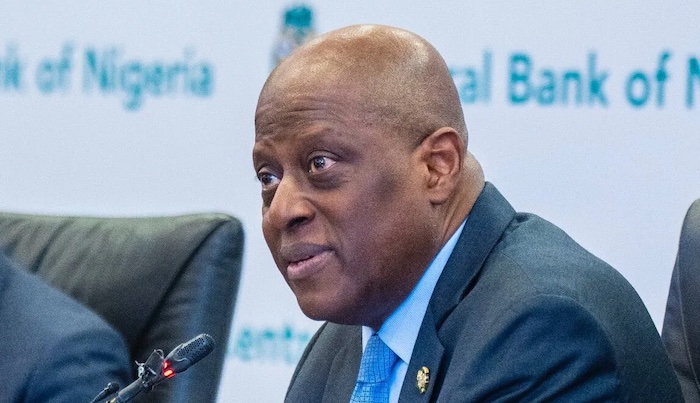
United Nations Children’s Fund (UNICEF) said about 60 per cent of pregnant women in Nigeria presently do not have access to multiple micronutrient supplements to safeguard their lives and that of their unborn babies.
Similarly, in an overview of progress of campaign on nutrition among pregnant women, the Federal Ministry Health and Social Welfare said 58 per cent of women of reproductive age in Nigeria were anaemic (a state of malnourishment).
Nigeria currently ranks number one in the prevalence of malnutrition in Africa and second in the world.
UNICEF Nutrition Officer, Prosper Dakurah, said the report of a recent food consumption and micronutrient survey conducted in the country showed that it was not only an issue of iron deficiency, but also issues with other micronutrients.
Dakurah spoke in Abuja on Tuesday at a Media Roundtable on “Anaemia Prevention, Reduction and other Nutrition Related National Issues in Nigeria,” organised by Civil Society Scaling Up Nutrition in Nigeria (CS-SUN).
In order to address the challenges, Dakurah said government had worked collaboratively with partners to provide the necessary training materials to build the capacity of the health workforce to be able to deliver multiple micronutrient supplements to pregnant women.
Dakurah stated, “Beyond that, Nigeria is the first country globally to distribute MMS at scale. Last year, we were able to distribute about 3 million bottles across all 36 states, including the Federal Capital Territory (FCT)
“This year, we are in the process of distributing another 3 million bottles of mms across all the 36 states plus FCT. That is good news. Unfortunately, when you go into the mathematics of it, whilst we are very happy for being the first country to do so at that scale, the numbers need to be ramped up drastically.
“So currently we are talking about them two to 40 per cent coverage. So what it means is that about 60 per cent of pregnant women presently do not have access to multiple Micronutrient Supplements.”
The UNICEF officer, however, said development partners might not be able to provide funds for procurement of multiple micronutrient supplements for pregnant women in Nigeria.
He said the country will need to step up domestic funding for nutrition intervention campaign, beginning from 2026, so as to fill the gap and prevent a relapse in the progress so far made.
“Come 2026, MMS will no longer be subsidised! It will become paid for – what can we do now as government of Nigeria. Government should key into the CNF to close the supply gap,” he said.
While welcoming participants at the roundtable session, Executive Secretary of CS-SUNN, Sunday Okoronkwo, said the time had come for Nigeria to take bold action through strategic investments in MMS to drastically prevent anaemia rate, improve pregnancy outcomes, and give the next generation a healthier start in life.
He said CS-SUNN, in partnership with international and national stakeholders, had been at the forefront of advocacy for the adoption and scale-up of MMS in Nigeria along with UNICEF, FHI 360, Nutrition International and Results for Development.
Okoronkwo said the roundtable session was meant to instigate more media reports that will highlight the dare needs for provision of micronutrient supplements for many women and children who needed the intervention.
In her presentation, FCT Nutrition Officer, Mrs. Chinyere Ekwueme, said the capital territory administration had keyed into the federal government’s plan to enhance nutrition campaign outcome.
Ekwueme said, “One of the steps is engaging the stakeholders, the gatekeepers, because they have to know about the new thing. And I’m also happy that the press is here. They’re going to help us to blow the trumpet.”
Onyebuchi Ezigbo



